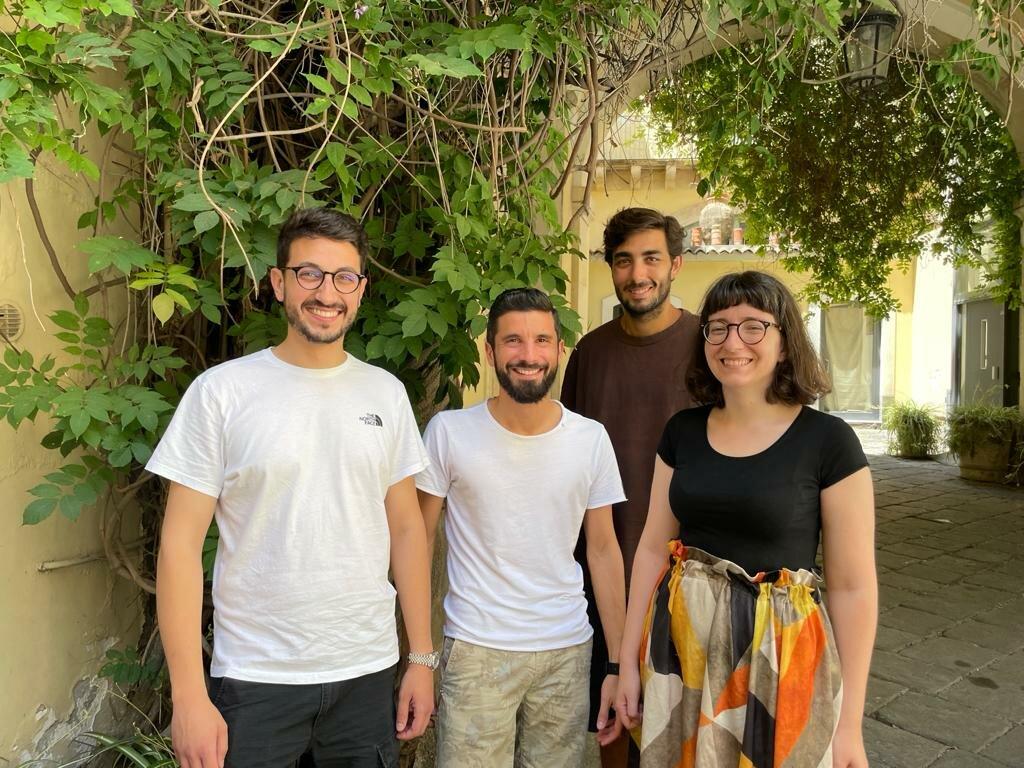GIMED: Meet the 8 business ideas and existing ventures winning a 7,500€ grant in Italy!

Over the course of over a year, GIMED has accompanied over 40 projects in Italy, including 90 entrepreneurs, with a high social and environmental impact from their business ideas and existing ventures. The main goal was to strengthen transversal knowledge and skills and facilitate access to finance and access to finance. Among the participants, 16 were selected to access a grant of 7,500 euros for the development of their project. From this selection, a total of 4 business ideas and 4 existing ventures are the winners from this grant in Italy.
The Community Foundation of Messina (FDC) has been the partner providing the training and coaching services for young entrepreneurs, carried out within GIMED, the EU-funded project under the ENI CBC Med Programme. From these green and social entrepreneurs there are ideas in various fields such as: circular economy, reduction of the use of plastic and replacement with alternative materials, urban regeneration or sustainable tourism.
The selection of the winners was made by a commission composed of internal trainers and external multidisciplinary experts, who evaluated them on the basis of the path followed, the growth prospects and the potential for developing future synergies. The winners will have 6 months to use the received funds, under the supervision of FDC.
The winning business ideas and existing ventures are:
Winners of the business ideas category:
- Risacca: an Italian-based project tackling the issue of marine litter by recycling old fishing nets in an embryonic stage with the aim of reusing waste from fishery in the town of Mazara del Vallo.
- Fuori Onda: social cooperative that will regenerate two abandoned and uncultivated pieces of land and will start a social restaurant, providing job insertion opportunities for people with autism, in which the products of the regenerated land will be used
- Casa Farisusu: its vision is to create a centre for sharing spaces and ideas on sustainability and respect for the community in Messina by initiating training and awareness-raising through daily activities that can be summarised in four categories: energy, nutrition, agriculture and hospitality.
- Non si jetta nenti: translated as ‘Nothing is thrown away’ into English, was born as a Facebook group in Calabria and now aims to transform into a reuse centre. In a nutshell, ‘Non si jetta nenti’ has activated free exchange practices and the reuse of objects and materials between people, favouring the reduction of waste and generating collective savings.
Winners of the existing ventures category:
- Boniviri: It develops excellent long-life agricultural products, primarily extra virgin olive oils, produced by small Italian farms, accompanying them through the production process to ensure safety, quality and sustainability in Catania.
- EcosMed: the social cooperative Ecos-Med intends to promote the industrial development of its component intended for the employment of socially disadvantaged people in Messina; more specifically, it intends to close, through an ecological development project, the production chain of Birrificio Messina, a Workers BuyOut experience of which Ecos-med supported the start-up and currently supports the management.
- Gagliardo Briuccia Valentina: social farming project, aimed at offering job opportunities to 15 prisoners admitted to alternative measures to detention, to be engaged in the cultivation of organic citrus and vegetables. In addition, the products will be offered to 15 families with low income, adhering to the assistance program of the Food Bank of Palermo.
- Consorzio Sol. E.: its mission is to root a model of social economy in Messina, which, inspired by the idea of sustainable development, is aimed primarily at those excluded from development, i.e. those who, due to a variety of factors - generational, social, physical, mental and ethnic - are on the margins of society and have a high threshold of access to the world of work. The basic idea is to make the most of the area and its environmental and cultural resources, thus responding to new demands and needs, in order to design innovative paths of social and labour inclusion.









